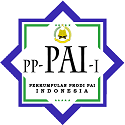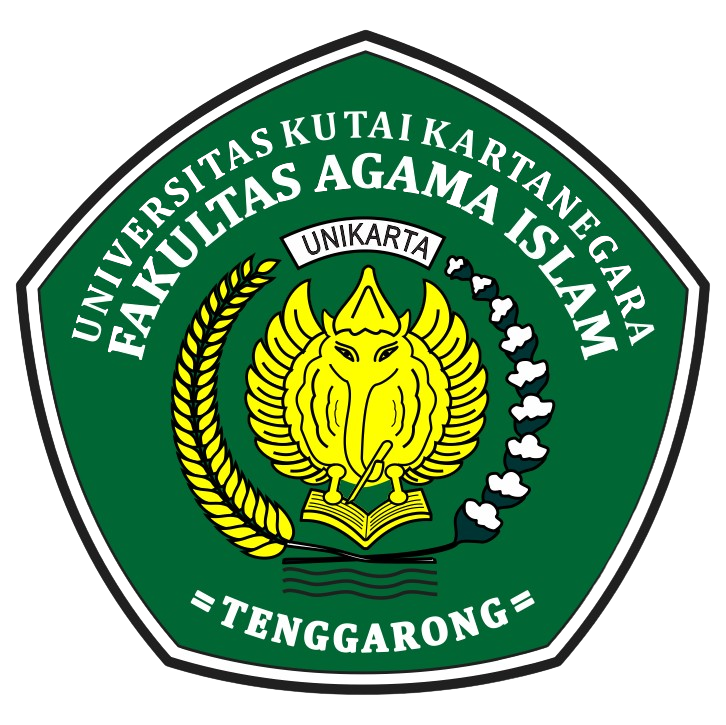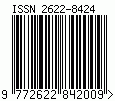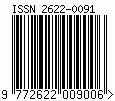PRIBADI ISLAM UNTUK MENUNJANG KARAKTER DAN KEPRIBADIAN MANUSIA INDONESIA
DOI:
https://doi.org/10.53640/azkiya.v6i1.1746Kata Kunci:
Fungsi Pendidikan Islam, Humaniora Indonesia, Karakter, EtikaAbstrak
Numerous societal issues impact not only our financial circumstances but also our moral fiber and manner of living. The nation's identity and self-confidence have declined, and we still have a ways to go before we reach our lowest point as a religious, amiable, morally pure people. Furthermore, as a consequence of their behavior, student morale is declining. The most crucial factors influencing the caliber of human resources are the traits and ideals acquired from a great education. However, a number of groups have worked to raise society's standards of morality and ethics. There is only one Islamic learning institution there. Regretfully, Islamic instructors must come before morality and personality in society.
Referensi
Azra, Azyumardi. Agama, Budaya, Dan Pendidikan Karakter Bangsa, 2006.
Djalil, Sofyan A. dan Ratna Megawangi. “Peningkatan Mutu Pendidikan Di Aceh Melalui Implementasi Model Pendidikan Holistik Berbasis Karakter,” 2006.
Education, U. S. Department of. Office of Safe and Drug-Free Schools. 400 Maryland Avenue, S.W. Washington, DC, n.d.
Elkind, David H. dan Freddy Sweet. “How to Do Character Education” (2004).
Hisyam, Suyanto dan Djihad. Pendidikan Di Indonesia Memasuki Milenium III: Refleksi Dan Reformasi. Yogyakarta: Adicita Karya Nusa, 2000.
Jalal, Fasli dan Dedi Supriadi. Reformasi Pendidikan Dalam Konteks Otonomi Daerah. Yogyakarta: Adicita Karya Nusa, 2001.
Lickona, Tom; Eric Schaps, dan Catherine Lewis. Eleven Principles of Effective Character Education. Character Education Partnership, 2007.
Lickona, Thomas. Educating for Character: How Our Schools Can Teach Respect and Responsibility. New York: Bantam Books, 1992.
Suparlan. “Pendidikan Karakter Dan Kecerdasan.” Last modified 2010. Accessed January 6, 2024. www.suparlan.com.
Suyatno, Pudjo Sumedi. Pengembangan Profesionalisme Guru: 70 Tahun Abdul Malik Fadjar. Edited by Sugeng Riadi. Jakarta: UHAMKA Press, 2009.
##submission.downloads##
Diterbitkan
Versi
- 2023-06-30 (2)
- 2023-06-30 (1)
Terbitan
Bagian
Lisensi
Hak Cipta (c) 2023 AZKIYA

Artikel ini berlisensi Creative Commons Attribution 4.0 International License.













